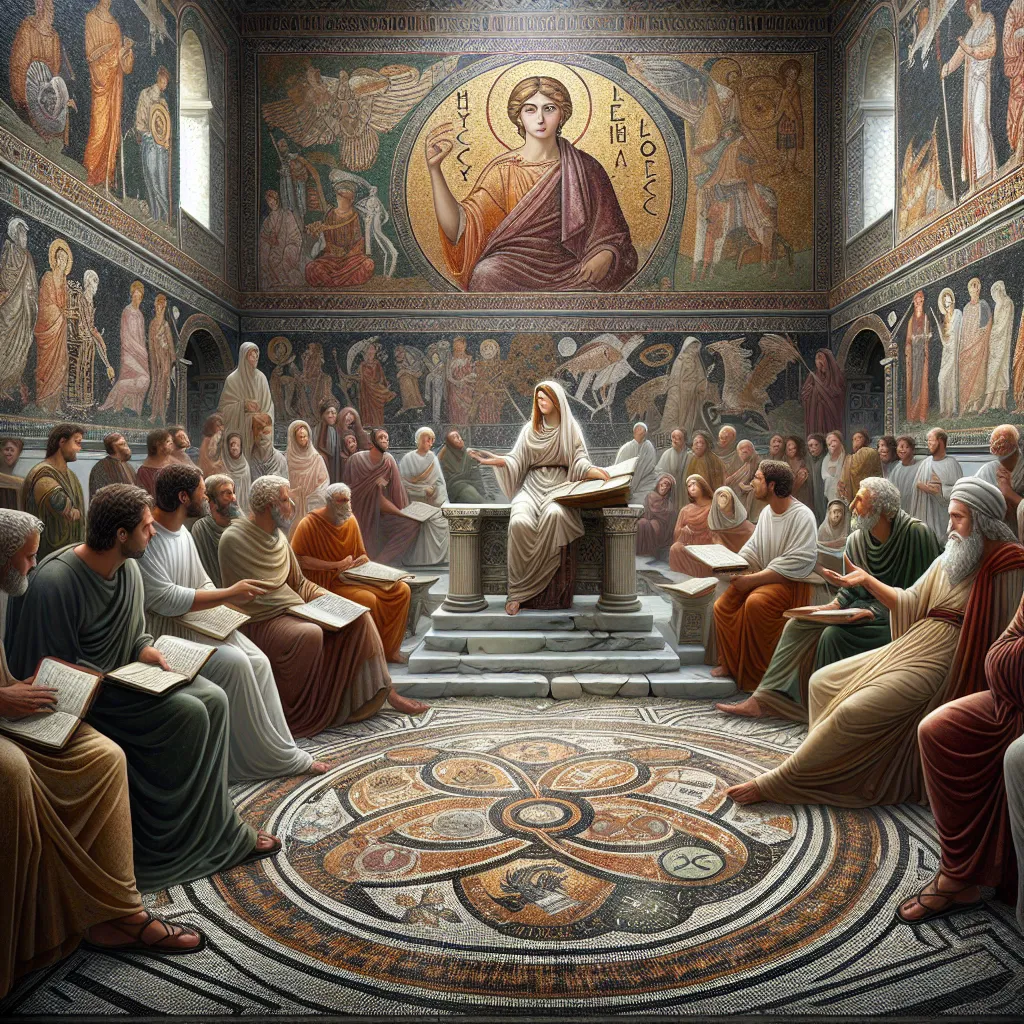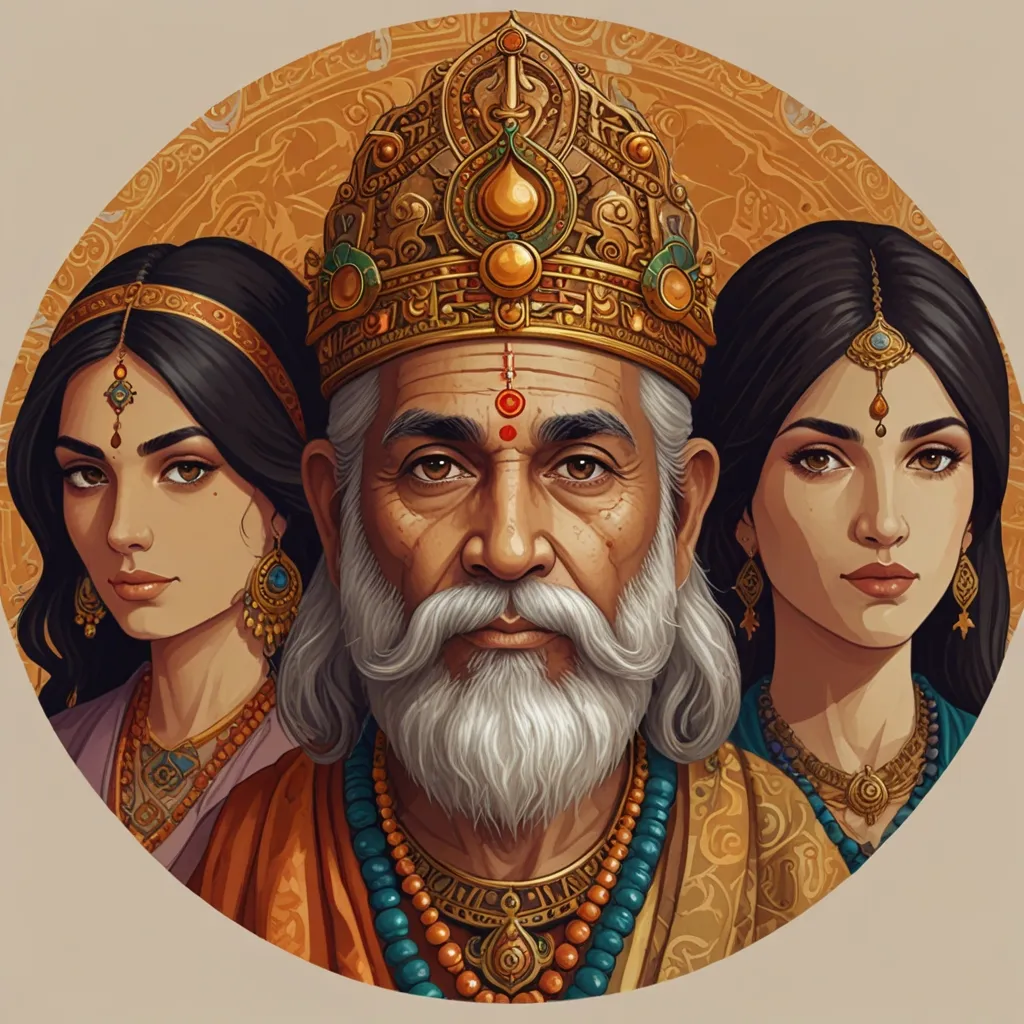Historians often paint a simplistic picture of the transition from Antiquity to the Middle Ages. Ancient times are often seen as an era of rational philosophy and science, while the Middle Ages are viewed as a period dominated by religion and superstition. This idea persists despite being misleading and historically inaccurate. One notable figure who symbolizes this supposed shift is the Alexandrian philosopher Hypatia.
Hypatia has been the subject of books and movies, though many portrayals are historically inaccurate. She lived in the fifth century and taught in Alexandria, becoming a significant figure in both her time and in modern cultural consciousness. Despite being renowned for her intellect and teachings, it’s her tragic death that left a lasting impact, making her a symbol of the conflict between ancient rational thought and rising Christian dominance.
Hypatia’s life was intricate. She flourished in late 4th-century Alexandria, a melting pot of intellectual and religious thought. She was the daughter of a known mathematician and became a respected philosopher and teacher, attracting students from diverse backgrounds, including both Christians and polytheists. Socrates Scholasticus, a later Christian writer, remarked on her widespread respectability and influence.
Her teaching environment was one of great intellectual ferment. Alexandria housed significant early Christian figures and was an epicenter for philosophies like Neoplatonism. Hypatia was associated with Neoplatonism—a school of thought focusing on the One, a singular source of all reality, and the hierarchical emanation from this One down to the physical world. This school proposed a journey of the soul back to this source.
Hypatia’s alignment with Neoplatonism, particularly of the Plotinian kind, helped her gain favor even among Christians. This more philosophical and less “religious” strain of Neoplatonism was more compatible with Christian thought. Despite contrary opinions among scholars, many believe her to be a proponent of this philosophical tradition.
However, Hypatia’s death marked a dark turn. Alexandria was rife with conflict. Bishop Theophilus and later Cyril were central figures in this chaotic period. The city’s polytheists, Christians, and Jews were all embroiled in violent confrontations. When Cyril rose to power, tensions escalated drastically.
Hypatia was caught in the political turmoil. As a respected figure close to the Roman prefect Orestes, she found herself in the crosshairs during Cyril’s crackdown on dissent. Amidst false accusations and fierce political rivalry, she was brutally murdered by a Christian mob—an act condemned by contemporary Christians like Socrates Scholasticus, who saw it as deeply anti-Christian.
This brutal end has turned Hypatia into a symbol of the downfall of classical antiquity and the rise of the darker ages. It’s easy to see her death as a marker for this transition—but this view oversimplifies history. Philosophy and science didn’t die with her; they evolved and continued to influence both Christian and Islamic cultures.
Hypatia’s story remains compelling and complex. She navigated a multifaceted and often violent cultural and intellectual landscape. Her life’s circumstances illustrate the nuanced transitions between epochs and remind us that history isn’t black and white. So while Hypatia might symbolize this transition, it’s essential to remember that intellectual thought persisted and adapted, far beyond her untimely demise.






